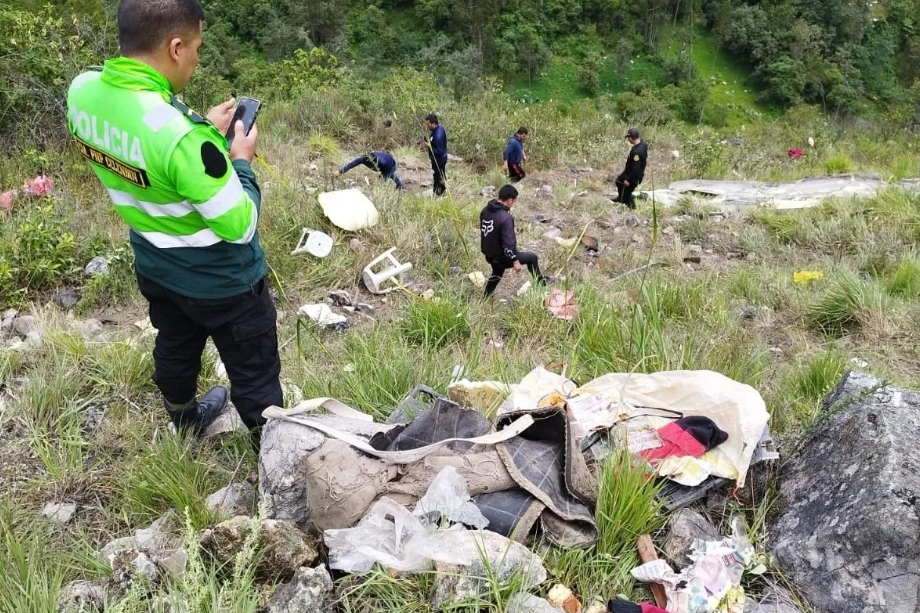Halt booster jabs to focus on first doses, says WHO chief


The World Health Organization, or WHO, has called for vaccine makers to prioritize deliveries of COVID-19 jabs to the global vaccine-sharing initiative COVAX for poorer countries, and said that no more doses should go to countries with more than 40 percent coverage.
Speaking at the weekly media briefing on Thursday, the organization’s Director General Tedros Adhanom Ghebreyesus said boosters should not be administered, except to immunocompromised people.
"No more COVID-19 vaccines should go to countries that have already vaccinated more than 40 percent of their population, until COVAX has the vaccines it needs to help other countries get there too,” Tedros said.
The WHO’s target is to vaccinate 40 percent of the population of every country by the end of this year, and 70 percent by mid-2022.
Tedros pointed out that most countries with high vaccine coverage continue to ignore the agency’s call for a global moratorium on boosters, at the expense of health workers and vulnerable groups in low-income countries who are still waiting for their first doses.
His remarks came after the WHO had on Wednesday issued an emergency use listing for Covaxin, developed by India’s Bharat Biotech, which is the eighth vaccine to have received WHO validation for safety, efficacy and quality.
The WHO head said that 22 months after the first cases of COVID-19 were reported, and almost a year since the first vaccines were approved, reported cases numbers and deaths from COVID-19 are increasing again.
The global death toll as a result of the SARS-CoV-2 virus has now passed 5 million, and according to the WHO, last week 56 countries, from all regions, reported an increase in deaths from COVID-19 of more than 10 percent.
“We cannot end the pandemic without vaccines, but vaccines alone will not end the pandemic," said Tedros. "Vaccines do not replace the need for public health and social measures — they complement them.
“Physical distancing, avoiding crowded spaces, masks, ventilation, hand hygiene and other effective public health measures remain important in every country,” he added.



































